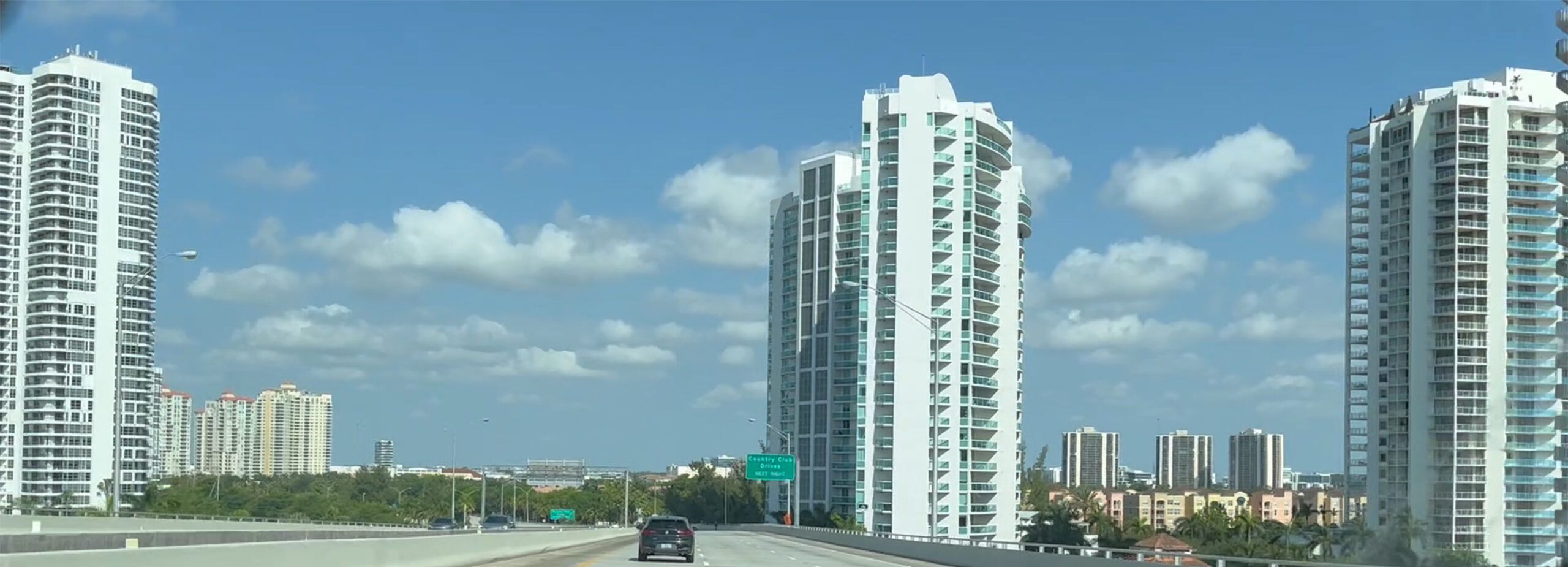The future of recreational marijuana in Aventura will be shaped by statewide politics, local zoning choices, and national policy shifts that could change the economics of cannabis even without adult-use retail. Florida voters narrowly rejected 2024’s Amendment 3—which would have legalized possession and sale for adults 21+—at 56% support, below the state’s 60% supermajority requirement. The defeat stalled immediate legalization but did not end the conversation; policy groups are already contesting newer restrictions on Florida’s citizen-initiative process, a fight that will influence whether a similar measure returns to a future ballot.
For Aventura specifically, today’s baseline is medical only. Florida law lets cities either ban dispensaries outright or, if they allow them, regulate them no more strictly than pharmacies and without local caps on store counts. Aventura chose a ban in 2017 (Ordinance 2017-11), meaning no medical dispensaries operate within city limits; residents rely on delivery or nearby cities for in-person purchases. Any future adult-use authorization would again hinge on whether Aventura keeps its blanket prohibition or pivots to an “allow, treat like pharmacies” model under state preemption.
Market demand is not in doubt. Florida’s medical program already serves roughly 900,000+ registered patients, underscoring a large consumer base that could transition to a regulated adult-use channel if it becomes legal. State OMMU updates and industry trackers show continued patient growth through 2025. For Aventura—a city anchored by major retail and hospitality—adult-use could catalyze spillover spending from visiting shoppers and regional tourists, provided local rules permit storefronts.
Revenue expectations would depend on legislative details. Florida’s official Financial Impact Estimating Conference concluded that adult-use sales would generate at least $195.6 million in additional state and local sales-tax revenue annually—even before any separate excise tax the Legislature might later enact. Analysts at Headset projected Florida could become one of the nation’s largest adult-use markets based on its mature medical footprint, suggesting robust first-year sales if a legalization framework were adopted. For Aventura, that could translate into commercial rents, jobs, and ancillary retail traffic—again, contingent on the city lifting its ban.
Federal policy could accelerate or complicate local outcomes. The administration has signaled interest in reclassifying cannabis to Schedule III, which would not legalize adult-use but would relieve operators of the punitive IRS 280E rule. Lower effective tax burdens could improve margins for Florida operators and support investment in build-outs near high-traffic corridors in Miami-Dade—benefits Aventura would capture only if it allows storefronts or leverages delivery-hub logistics.
Near term, three scenarios are most plausible for Aventura. First, continuation of the status quo: medical delivery and out-of-city shopping, with limited direct fiscal impact. Second, statewide adult-use via a future ballot or legislative action paired with Aventura maintaining its ban—yielding regional benefits but minimal in-city capture. Third, adult-use approval with Aventura revising its ordinance to align with pharmacy-style siting; this path would pair local tax and employment gains with the need to manage traffic, signage, and community standards. Miami-Dade’s county guidance already frames cannabis facilities within broader zoning processes, offering a template for impact mitigation should city leaders reconsider.
Bottom line: legalization momentum in Florida will likely return, backed by scale, tourism, and operator readiness. For Aventura, the pivotal choice is not whether Floridians will eventually access adult-use cannabis, but whether that commerce—and its economic upside—happens within the city’s borders or just beyond them.

